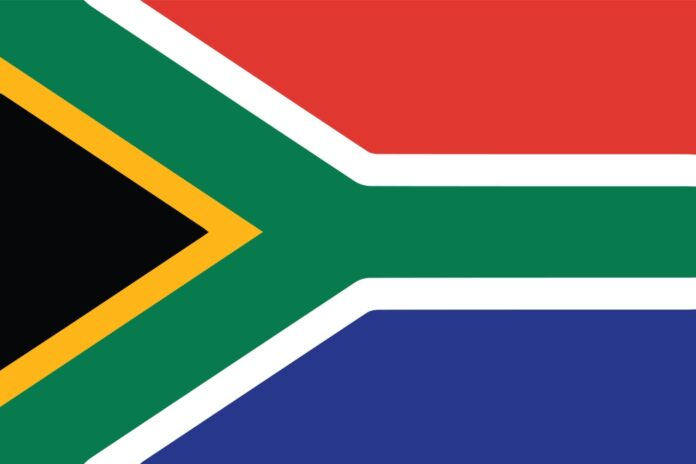Minister also asks hyperscalers to help Africans implement AI across the continent
The South African Government announced it wants to connect 5.5 million households in rural areas and townships to the internet via wi-fi hotspots over the next three to four years, according to Minister of Communications and Digital Technologies Mondli Gungubele speaking to press last week.
Despite some progress in the country, in 2023, only 10% of South African households had access to the internet at home according to the Independent Communications Authority of South Africa (ICASA).
“We are committed to bridging the digital divide by providing wi-fi access to communities and ensuring universal access to the internet,” he said, adding that the government service costs ZAR 5 ($0.27) per day for one gigabyte and from 250 rand per month for an unlimited plan.
The government initiative is part of the second phase of SA Connect, launched in November 2023, of the nation’s broadband policy originally launched in 2013. When complete, it aims to provide 80% of public administrations, communities and homes broadband access in three years, according to Ecofin. Phase 1 of the project focused on providing 10Mbps Internet connectivity to nearly 970 essential public administrations.
AI support
Minister Gungubele also told attendees of the National AI Government Summit last week that public policy making, and frameworks must adapt to address the governance imperatives of AI and emerging technologies to protect globally agreed human rights.
“There are areas that are traditionally the exclusive mandate for governments to conduct its business. Areas such as defence, safety and security, social security net- support and intelligence gathering, amongst others come to mind. These are areas where government must lead in the adoption of AI,” said Gungubele.
“There are, however, other areas where the direct role of government is expected through policy formulation and regulatory approaches that will safeguard the preservation of livelihoods and creation of sustainable jobs. In this area, the adoption of AI must ensure the ethical and impactful purposive delivery, he added.
The minister noted several AI initiatives on ther continent like AI in Africa Machine Learning Indaba, conducted by South Africa; the release of the Africa AI Blueprint by Smart Africa Alliance; and South African government’s endeavour to establish the Artificial Intelligence Institute (AIISA) and Centre of Artificial Intelligence Research (CAIR). The government wants to develop at least 11 AI hubs in AIISA ranging from ranging from built environment, just energy transition, health, media and languages.
He called on cloud companies “such as Microsoft, Google, Huawei, Nokia, and Amazon Web Services, amongst others”, to continue establishing AI research centres in Africa.
“For Africa to be competitive in the world, we need to realise that there was a space race, then the arms race and now the AI race. We cannot afford to be left behind in this one. The onus is upon us to participate in this AI race through a coordinated and collaborative approach,” he said.
“We require venture capital funds that are focused on and dedicated to Artificial Intelligence. Lastly, we need to realise collaboration between government and private sector in AI research,” he added.
The summit was convened for the government and the private sector to initiate a policy and regulatory framework to guide and “leverage the advances in AI for human good”.


